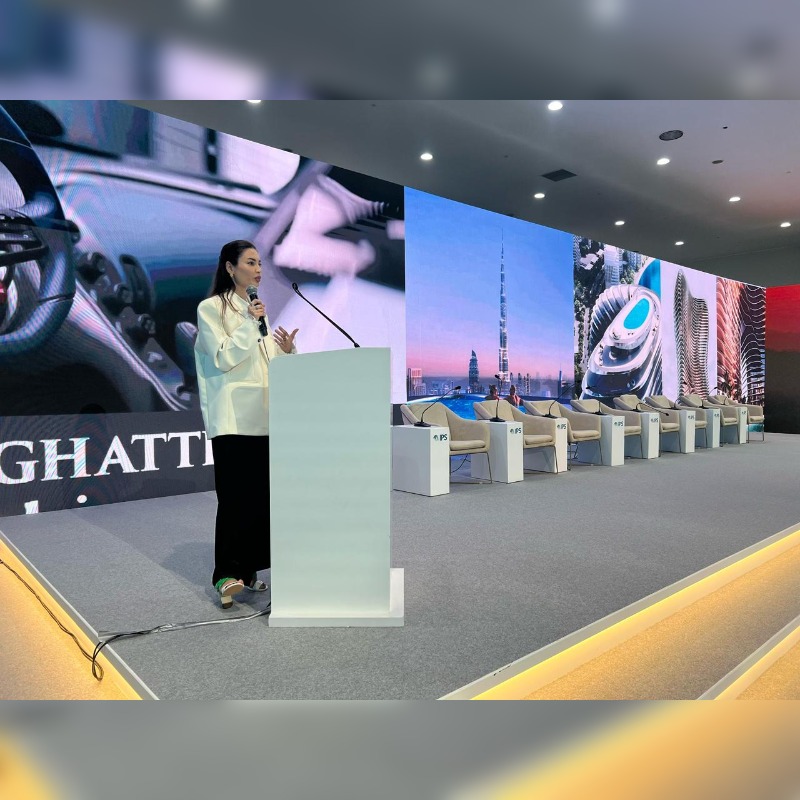
Emaar’s Sales Surge 46%. Property Giant Eyes Global M&A
After a solid few years, Emaar has announced it’s looking to crack the overseas market and explore M&A opportunities in the world’s largest economies. It’s no wonder the property giant is considering this move, with so much success locally. In its H1 results, property sales in its core market reached AED 46 billion, up 46% year-on-year, revenue jumped 38%, and net profit before tax also rose 34%.
These results, alongside a sizeable backlog of AED 146 billion and a low debt position, give Emaar the firepower to pursue acquisitions abroad. The scope could grow to the US, India, China, and parts of Europe. Rather than starting from the ground up, non-organic growth is a smart choice, said Josh Gilbert, Market Analyst at eToro. Buying into established developers offers a quicker route to market. This approach reduces project lead times, mitigates regulatory hurdles, eases supply chain challenges, and allows Emaar to leverage local partner expertise.
However, acquisitions aren’t a clear road to success. Emaar has previously ventured outside of the UAE with projects in countries such as Egypt and Saudi Arabia with mixed results. That history underscores the importance of disciplined execution if the company is to avoid repeating past challenges. But this does feel like the right time for Emaar to be making moves, especially with so much success in its home market. Yet diverting management attention and capital overseas can come at the opportunity cost of missing high-return local projects, especially given how well Dubai’s real estate cycle is running now.
Investors will also be watching closely how these deals are funded. With a relatively low debt load, Emaar has flexibility, but acquisitions financed with heavy borrowing or equity issuance could change the dividend outlook and affect the return profile for shareholders.
Domestically, Emaar has proven resilient and effective. Its success stems from high occupancy in its malls, solid returns from UAE development projects, and steady growth in recurring revenue projects. This local success matters because it both underwrites cash flows and builds credibility, brand, execution, and customer awareness, something they will want to translate overseas.
The market has already priced in a fair amount of growth in its domestic market, with shares up 65% in the last 12 months due to strong earnings, margin expansion, and backlog growth. Therefore, Emaar knows that overseas expansion is a key piece of the puzzle for growth to continue and to keep delivering for shareholders.
If they can successfully execute an M&A strategy abroad over the years ahead, investors will have reason to be excited. On the flip side, any signs of integration failure, large write-downs, or stressed overseas deals could trigger a correction as investors reassess risk.






